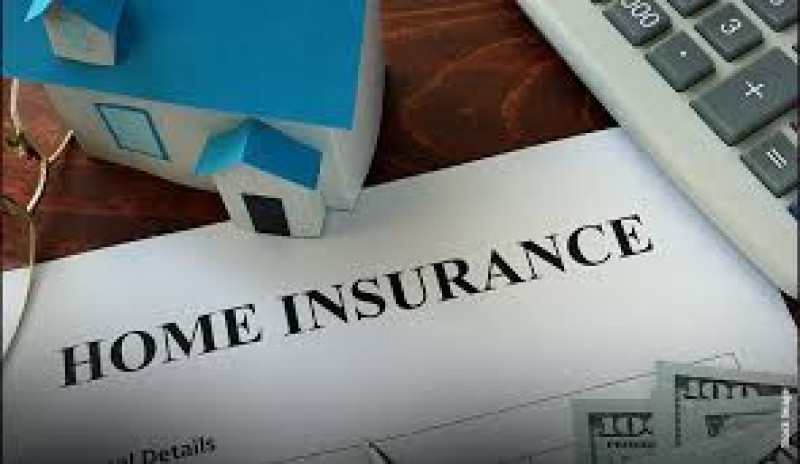
Landlord & Tenant
Landlord
Building and liability insurance are the two most important insurance contracts for rented real estate.
Building insurance
In the case of rented real estate, the landlord is the person who must take care of building insurance. However, there are other things to pay attention to when the building owner is not living on the property himself. It is important to check carefully in advance with the current home insurer whether it is possible to insure the rented property and what needs to be arranged for this. If, after damage, it turns out that the property is rented out while this is not known to the building insurance, many insurers will immediately refuse payment.
Liability insurance
It may sound strange, but the (rented) property can also cause damage to third parties. Examples include roof tiles falling or a handrail that comes loose when someone walks up the stairs. The insurance company must also know that the house is being rented.
Contents insurance
If the property is rented, furnished, or semi-furnished, it is possible to insure the contents on a contents insurance (inventory goods insurance). Floors that have been installed are part of the contents and can, therefore, also be insured. Please note that these policies often only cover storms, fire, theft (after traces of burglary), water damage, etc. Damages caused by a tenant are therefore not covered. In addition, somewhat older household effects will also be depreciated. This is taken into account when paying out claims. Therefore, carefully consider whether the contents' risk/(day) value is large enough to insure.
Tenant
Contents insurance
If a tenant has his household effects in the house, it is advisable to insure these using household contents insurance. With this, the items are insured against damage caused by fire, storm, water or burglary. There are also All-Risk insurance policies where you are insured if you or someone else in your household accidentally causes damage yourself.
In addition, somewhat older household effects will also be depreciated. This is taken into account when paying out claims. Therefore, you should consider whether the household effects' risk/(day) value is large enough to insure.
Liability insurance
Liability insurance is always advisable, but a tenant can never recover anything from his or her liability insurance if there is damage to the property caused by himself.










